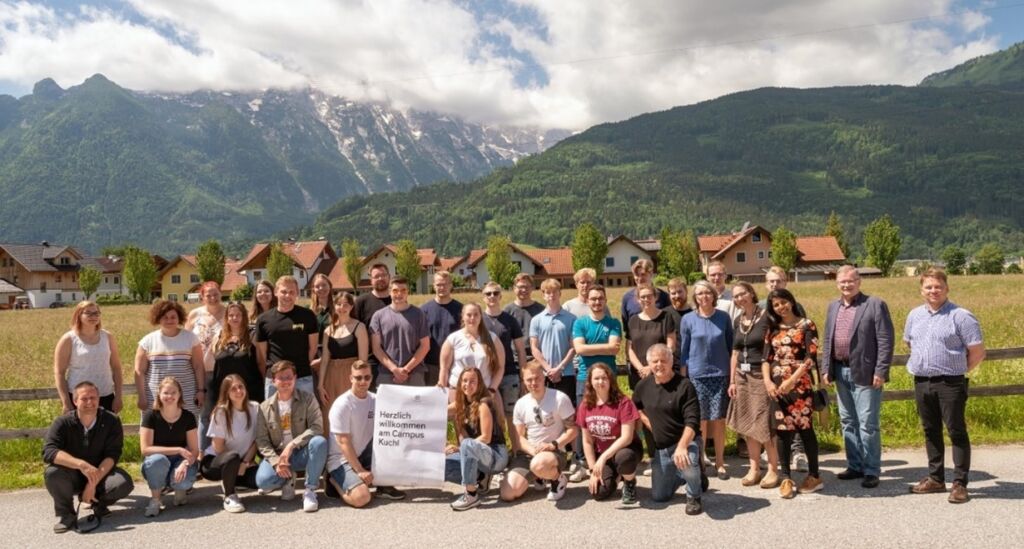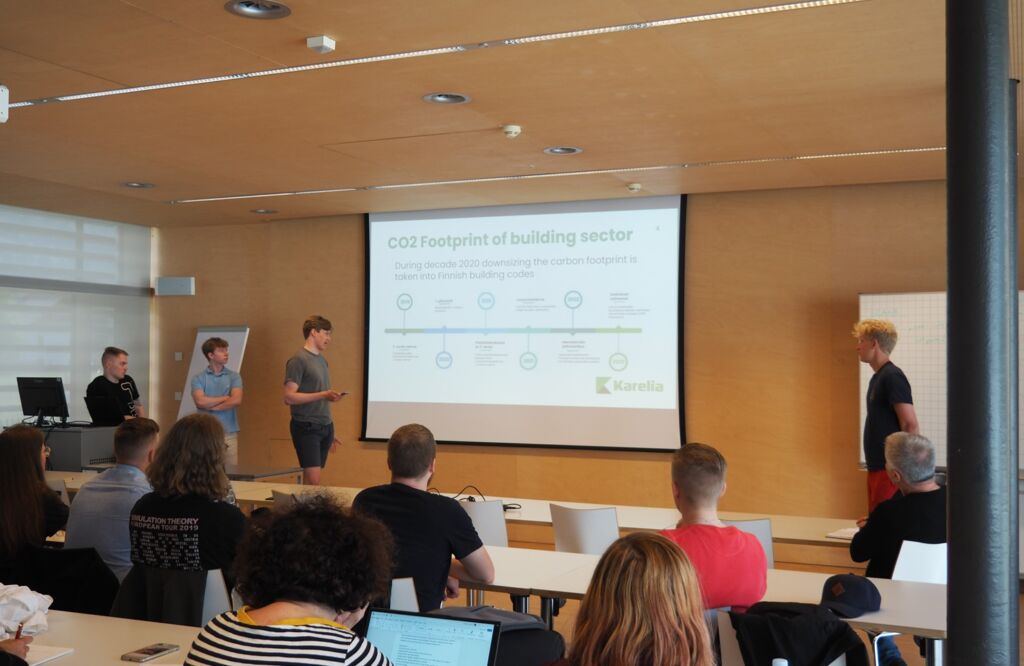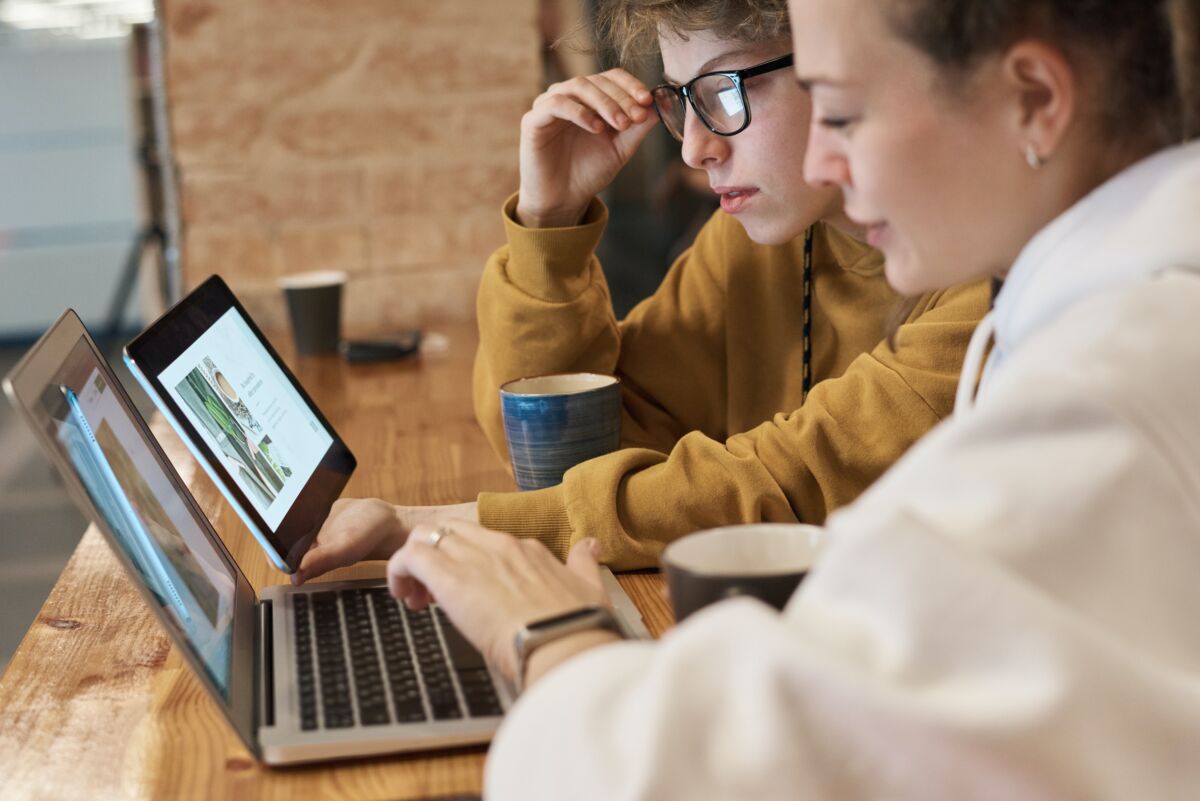International collaboration for expertise sharing is an effective way to explore new ideas and challenges while acknowledging contextual barriers simultaneously. The ‘Sustainable Building Technologies- Community of Practice’ (SBTCP) project by Karelia UAS in collaboration with Salzburg UAS (Austria) and Jade UAS (Germany) is an effective approach towards encouraging innovation to solve real-time challenges. The one-week workshop for Erasmus+ Blended Intensive Program (BIP) supported by SBTCP was a fruitful method to bring students from different countries together and opened the window for cross-border idea sharing amongst young minds.
Erasmus+ Blended Intensive Program in Salzburg UAS, Austria

Figure 01 shows the participants of the workshop from three partnering countries. The workshop took place in Salzburg UAS, Kuchl, Austria, starting from the 23rd of May 2022 till the 27th of May 2022. Staff and student participant number from partnering countries was as follows: 18+2 (Germany), 12+3 (Finland), and 10+2 (Austria). There were multiple activities such as a guided tour to Holz Meissnitzer GmbH and SIGES GmbH- companies specializing in wood construction, lecture sessions on the circular economy and case study analysis of an existing building located in Salzburg UAS campus, Kuchl. Participants also created data for Building Information Modelling (BIM) and proposed possible scenarios for circularity or reuse of construction materials. Finally there was an online presentation by the students after the workshop. Figure 02 shows how the focus areas of the partnering countries in SBTCP project developed the concept of the workshop.

On the introduction day of the workshop, activities included outdoor dinner and informal discussion amongst teachers and students, which was an effective way for icebreaking amongst the students. The first day of the workshop started with a presentation by students from each participating country on the circular economy from each country’s perspective (see figure 03). Later the presentations, the students were divided into four groups taking students from each partnering country. The students worked closely with students from cross borders; therefore, the teamwork motivated them to communicate in English, which is crucial for presentation skill development on international platforms.

The students had the privilege to experience the most updated techniques of Building Information Modeling (BIM) from Jade UAS for point-cloud-based modeling; which allowed them to collect building data using a laser scanner and drone. The students also studied existing drawings of the case study buildings to explore how and to what extent materials can be reused for similar purposes or developed into new materials and products.
The students presented their ideas online on the 8th of June 2022. The findings indicated the strong potential of incorporating BIM and improved wood products for the effective and sustainable circularity of timber and wood materials. The comment section by the teachers also initiated good ground for discussions with students as followings:
- What are the student’s perceptions of the adopted technique of collecting data from existing drawings of buildings? Would it be more effective and time-efficient if each material data was embedded into the digital building drawings beforehand?
- How are the students thinking of reuse and recycling techniques of building materials?
- What are the student’s approaches towards circularity thinking of building materials considering economic value, carbon footprint, accessibility of services, etc.
Cross-border Idea Sharing and Educational Development
The workshop supported by the SBTCP project shed light on the significance of the project itself, and how the current challenges related to resource problems can be addressed effectively through internationalizing the best practices. The international collaboration also allowed the teachers to have a better insight into what to include in future BIPs or internship projects with upcoming students. The workshop also contributed to better team-building amongst the partnering countries from further research topics and development perspectives. It allowed the experts to have a better insight of best practices available and how to incorporate the expertise in future research, therefore improving the possibility of practice-oriented community development with new students, researchers, and experts.
Author:
Shammi Akter Keya, Project Researcher, Karelia UAS

